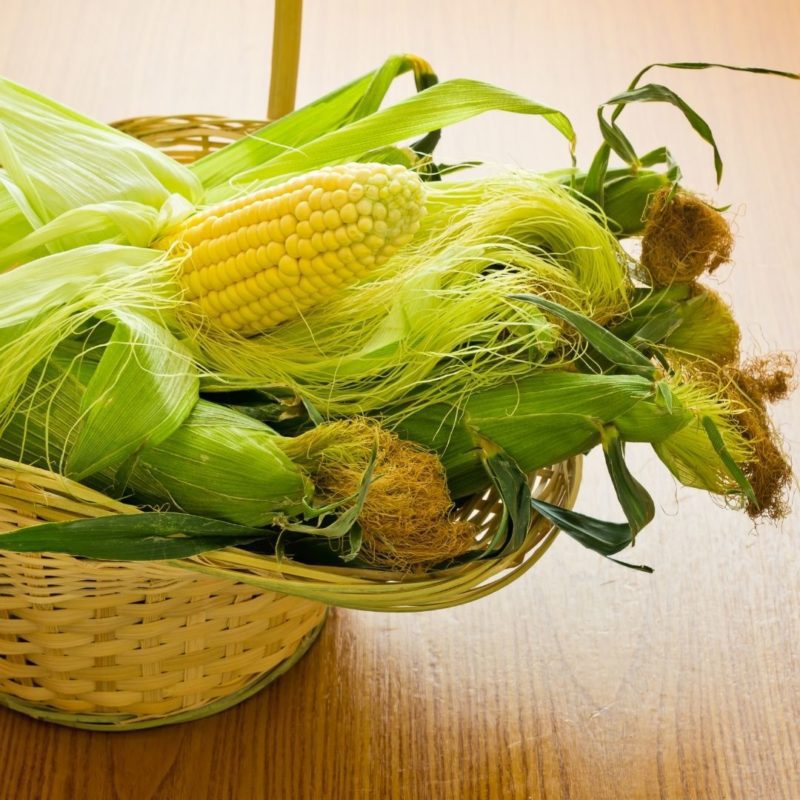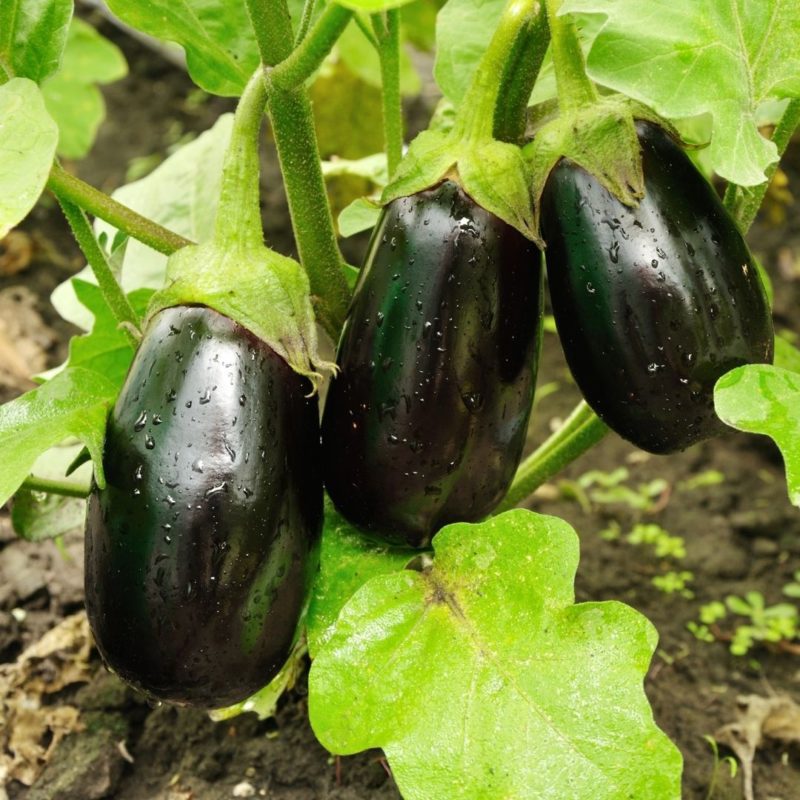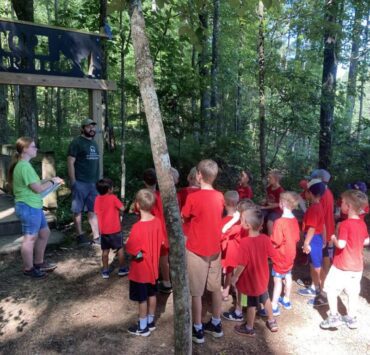The ABCs of CSAs in Huntsville, Madison, and North Alabama

Have you been hearing a lot about CSAs and farm co-ops lately? Are you the kind of person who likes the *idea* of a home garden but doesn’t have the space, time, or green thumb required to make that a reality? Welcome to the wonderful world of Community Supported Agriculture (CSA).
Every CSA is a little different but we’ve tried to break down the basic questions that will help get you started on this journey. At the end of this article we also provide you with a list of resources so you can take the next step toward fresh local food delivered to your doorstep.
What is CSA, and why would I want one?
It’s exactly what it sounds like. CSA is agriculture supported by the community, for the community. It’s a popular and easy way for individuals and families alike to buy local, fresh produce and other items directly from the farmer.
How does CSA work?
The farmer offers garden “shares” to the public. When you buy a share, you are literally buying into the garden, so you have a small piece of ownership. In exchange, you receive weekly boxes that contain seasonal produce, eggs, or other farm products. Some CSAs throw in jams, jellies, or other canned items. Many CSAs offer a certain degree of flexibility in box size (from ½ bushel to larger, family-sized bushel boxes) and delivery locations.

How big is ½ a bushel? A bushel?
A ½ bushel box measures 13” x 13” in length and width, and 6 1/16” in depth. A bushel measures 17 ½” x 17 ½” in length and width, and 7 1/16” in depth. Boxes will vary from CSA to CSA, but these sizes are a good go-by.
What will I receive in a CSA box?
As the growing and harvesting season progresses, you will get a variety of things. It could range from familiar items such as lettuce, tomatoes, peppers, and cucumbers to less familiar items such as rutabagas, acorn squash, endives, or kohlrabi. Many times, I hear ‘but I don’t know what that is…I don’t like that and I don’t want it!’ Each CSA is different but many share the same viewpoint that one of the purposes of a membership program is to expose folks to things they may not otherwise try, such as that rutabaga. One thing to keep in mind is that your CSA may have many members and it is difficult for the farmer for custom-pack each box for delivery in a timely manner.
However, many CSAs do provide recipe cards for help on what to do with those rutabagas, kohlrabis, etc.
This sounds great…but what are some drawbacks?
One major drawback is that since you are buying shares, or buying into, the crop/garden, you also share in the same risk as the farmer does. For example, one year may be that perfect year with the perfect combination of rain and sun. However, the following year may be one of excessive drought and the crops are less than stellar.
Another drawback is cost. Sure, you can go to your local grocer’s produce section and buy produce cheaper. But do you know where that came from? Do you know what has been used to clean and even polish the produce (take a look at how shiny and slick the cucumbers are)? Is it local? Is it organic? How long was it on the shipping truck? Purchasing shares in a CSA eliminates many of these questions. In many CSA’s, the farmer plants, cares for, harvests, cleans, and delivers to you. Other CSA farms may have more helpers, but the point remains – you know the farmer and your food.

Why is it more?
What many people don’t realize is all the planning, and labor that goes into bringing the food to your table. Although you may get 10-12 weeks of weekly box delivery, in fact, farmer’s have been working on the garden since early- to mid-February. Planning, starting seeds indoors, researching and purchasing seeds from reputable sources, then comes planting day on or around April 15. Once the seeds/plants are put outdoors, then the real work begins. Weed and pest control are a top priority, and the garden must be tended on a daily basis. Once plants are producing, then harvesting must be done every day or every other day to ensure continued production. Once harvested, produce is then washed using water, and water only. It’s then dried, packed for delivery, then off it goes!
How can I find a CSA that’s a perfect fit for me?
Here are some great resources and farms that you may want to check out:
- Howling Fresh Farm– Howling Fresh is a bi-weekly CSA from March to December serving the Huntsville, AL area
- LocalHarvest.org – enter your zip code and find farms close to you
- Diamond 5 Farms – This farm raises sheep and cattle using grazing rotation for the healthiest livestock possible. Families can purchase shares of beef and lamb.
- Doe Run Farm – This CSA has more than 19 pickup locations in North Alabama and also offers home delivery.
- Henry’s Family Farm – A family farm currently selling fresh produce, seasonal fruits, farm fresh eggs, bakery items, honey and cut flowers to families. CSA will begin in May.
- Center Square Farm – A small family farm that offers Grass Finished Beef, Forest Raised Pork, and Pastured Poultry for sale through a CSA.
Still not sure?
Many programs offer a trial period or might be willing to if you inquire. Of course, you can also decide that you’ll stick to Farmers Markets for now and that’s cool too but if you’re looking for something consistent we happen to think joining a CSA program is a great investment for you and your family. You’ll not only be receiving fresh, local, and healthy food, you will also be supporting a local business and farmer!








